The revolutionary impact of artificial intelligence (AI) on the world of work cannot be overstated. AI experts continue to pioneer new and innovative products, consistently pushing the boundaries of what is possible. Every day brings news of these remarkable creations, each highlighting a blend of creativity and uniqueness. And when we introduce Generative AI into the equation, inventiveness knows no bounds – from designs, content, and art to virtual conversational enablers. This technology ushers in a realm of possibilities, enabling data-driven decisions, bolstering workplace efficiency, and elevating productivity across various job roles.
Yet, as companies embark on this transformative journey with Generative AI, a pivotal question arises:
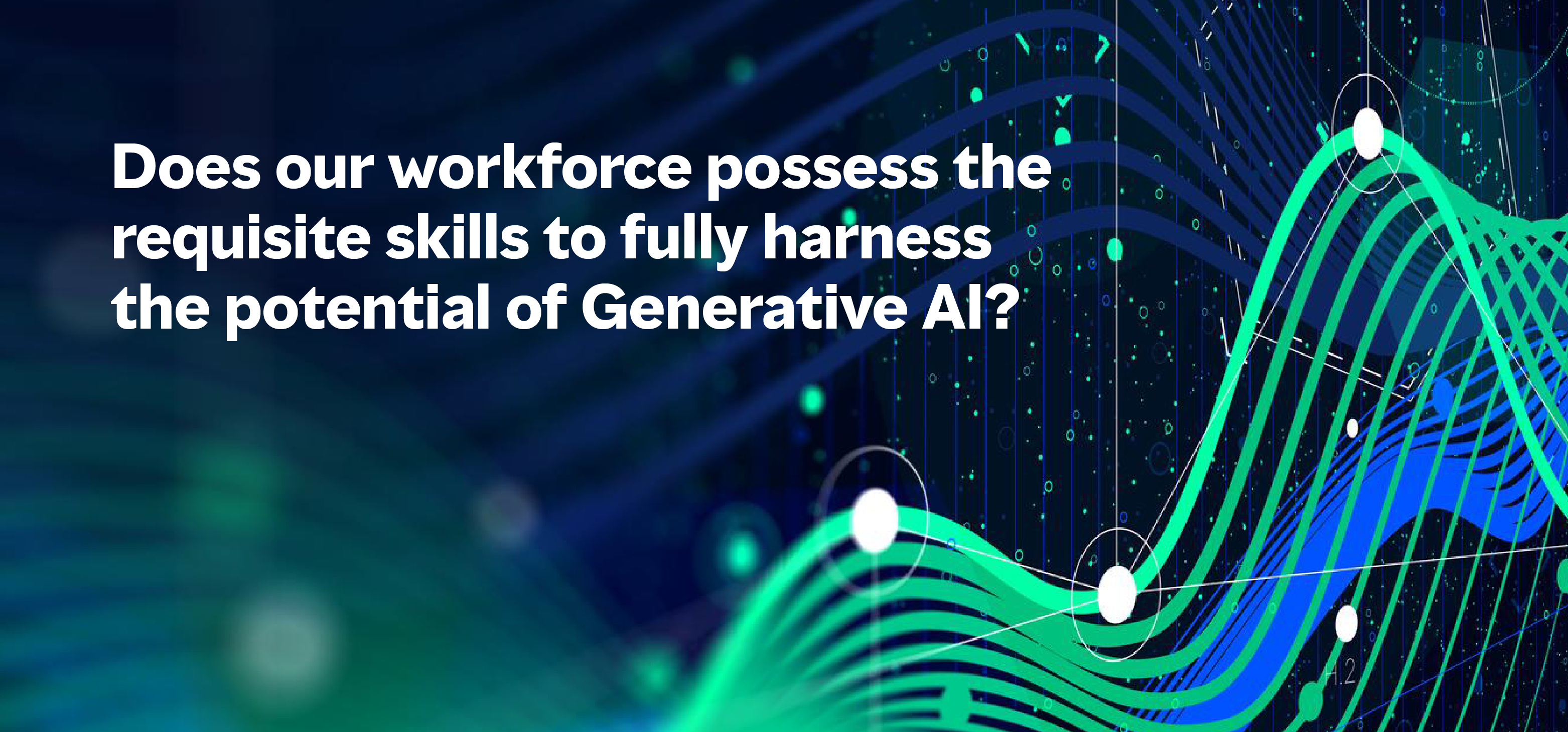
The evolving AI landscape has witnessed an upsurge in the variety of Generative AI products and applications in recent months, signifying a dynamic shift in the industry’s dynamics. In our previous blog of this series, we delved into Mercer | Mettl’s comprehensive AI adoption framework. This framework is designed to facilitate the seamless integration and application of AI across a diverse spectrum of user levels – encompassing AI researchers, developers, consultants, and end-users.
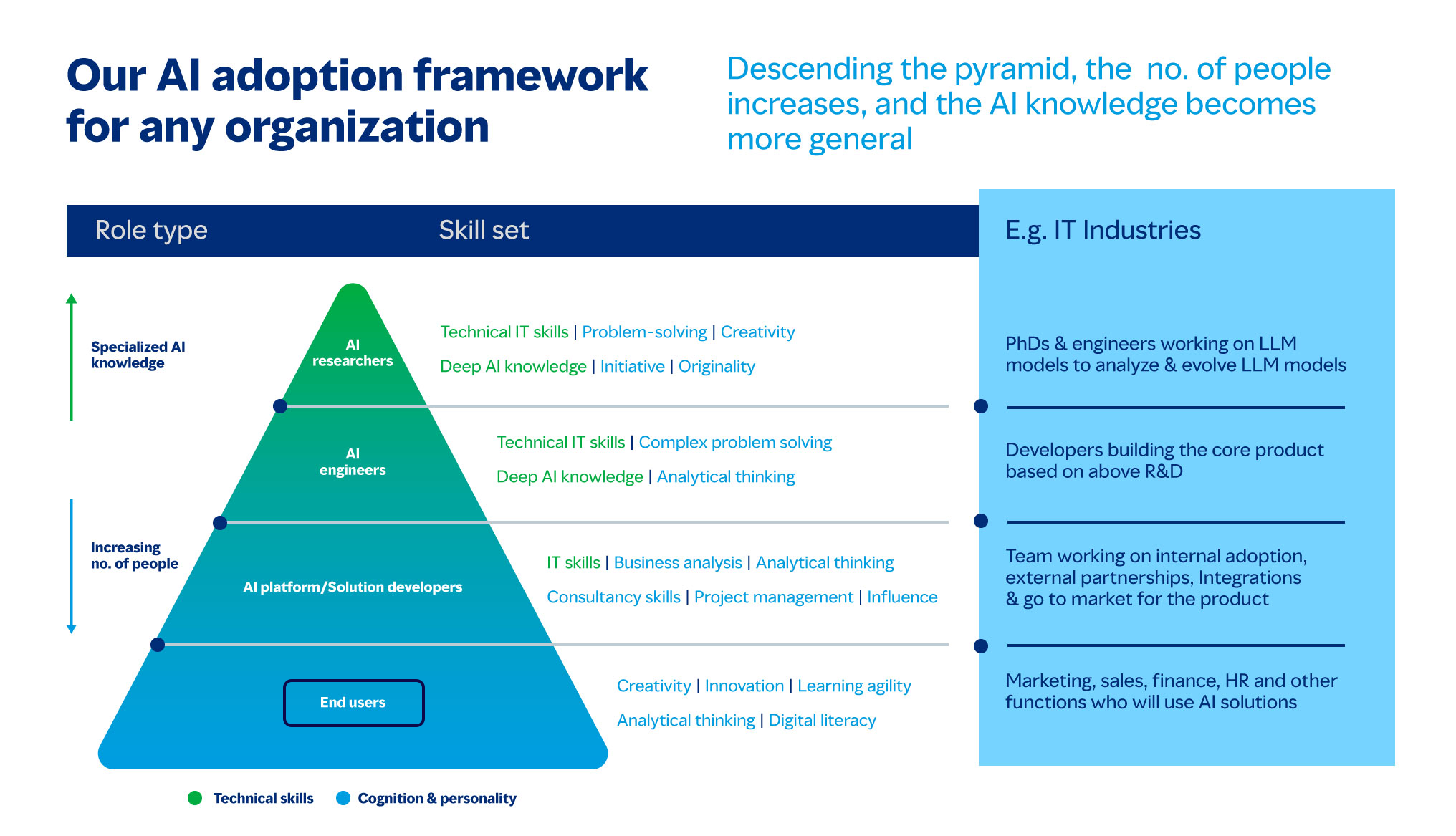









 Behavioral Competencies
Behavioral Competencies Cognitive Competencies
Cognitive Competencies Coding Competencies
Coding Competencies Domain Competencies
Domain Competencies













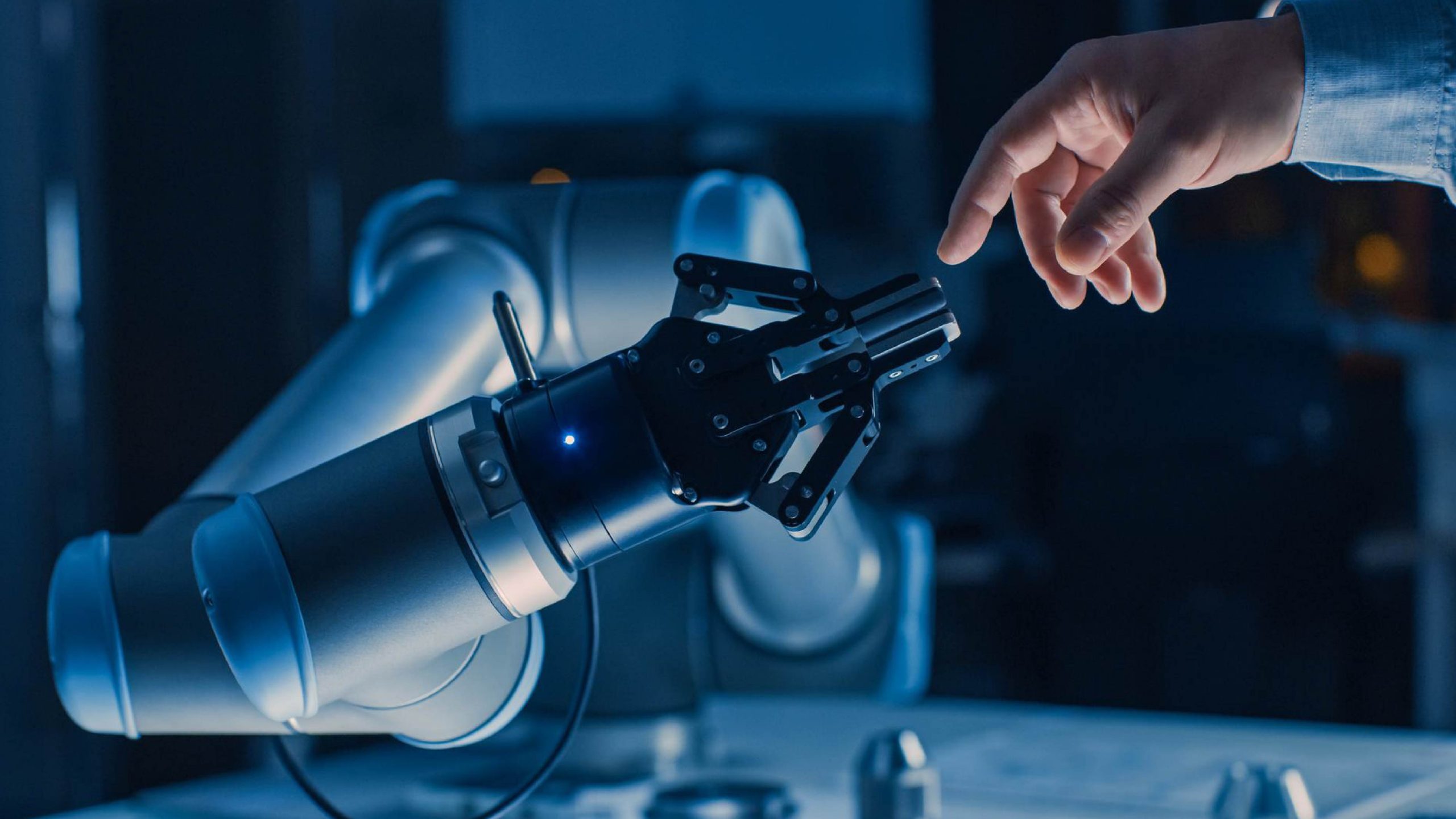


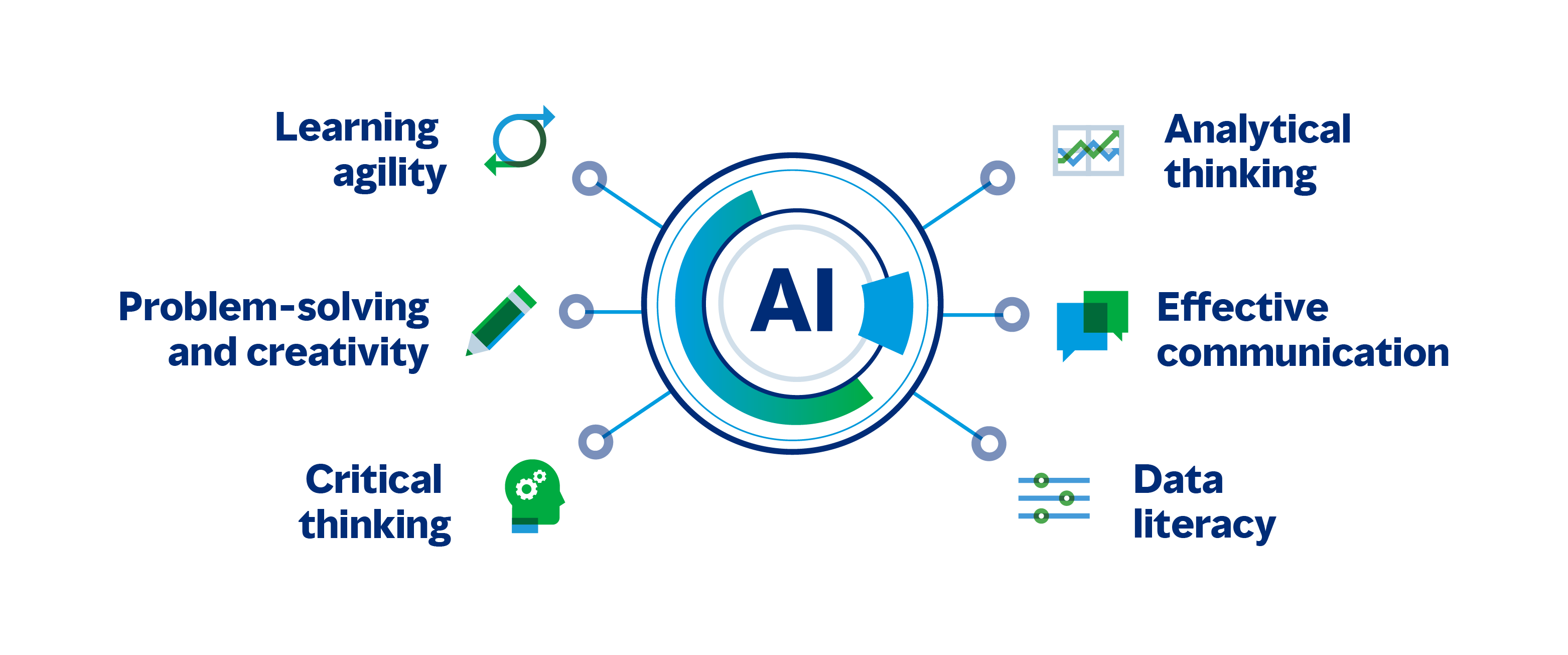


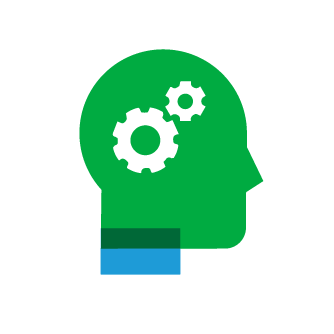










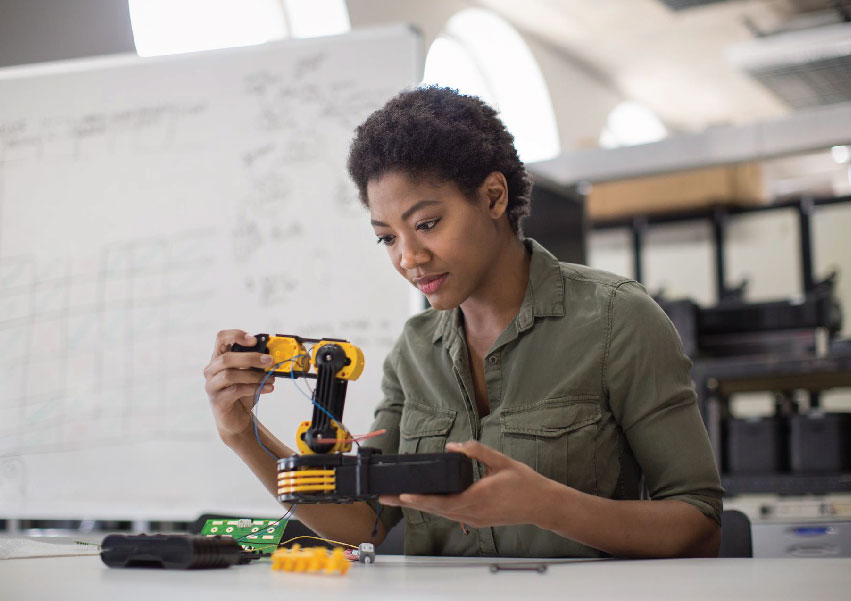
Would you like to comment?